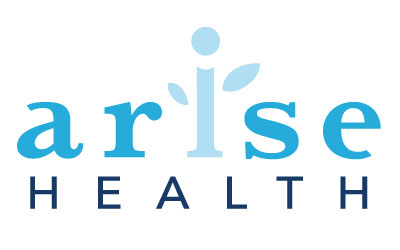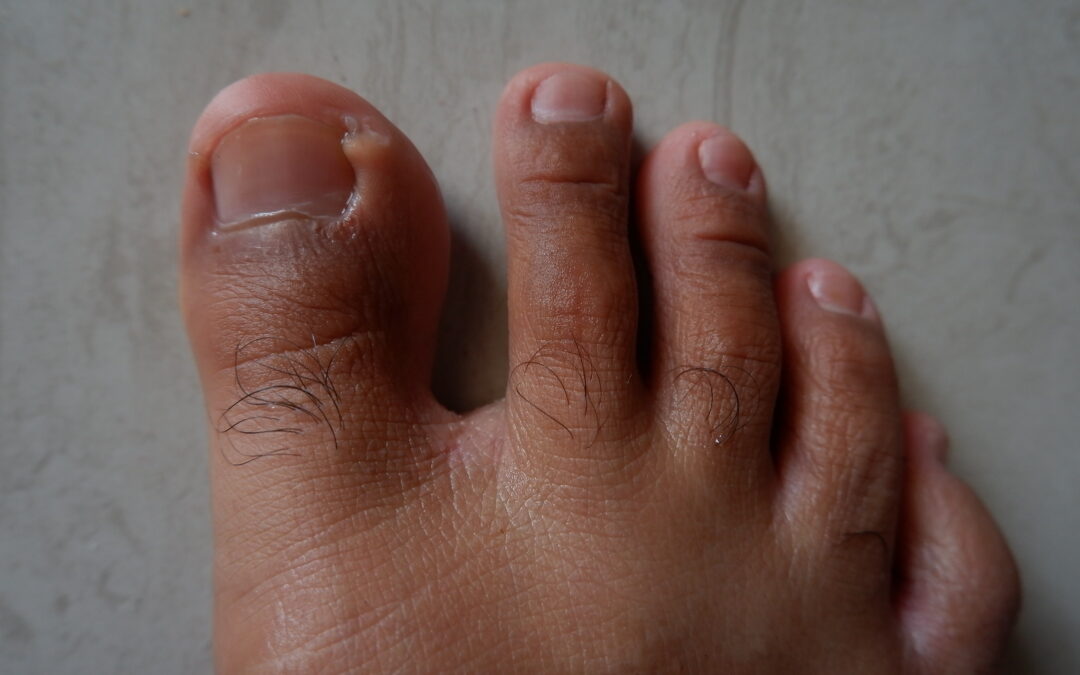Swelling, also known as Oedema, is very common during the warmer months. You may find your hands and legs have a feeling of tightness – such as sock indents or rings become tighter.
It can be uncomfortable and usually goes away, but in some instances can become more significant. There is a reason for swelling, it is not ‘just swelling’. Arms are less troublesome as it is usually exercise related or a gravity issue. What is happening to your legs, however, on a physiological level involves your venous system. When put under strain, the veins that carry blood to your heart become weak and damaged. Their job of preventing blood from pooling in your legs no longer works. What can result from this is a chronic disease that may result in enlarged veins (Varicose veins), pooling (excessive, long-term swelling), blood clots and infection. It is important to get on top of any symptoms you might notice before they progress and become irreversible. Signs and symptoms to watch out for are the following:
- Skin discoloration.
- Heavy and achy legs.
- Bulging veins.
- Inflammation.
- Decreased skin elasticity.
- Decreased mobility (legs feeling heavy and full).
- Enlarged ankles and calves.
If you notice any of these signs/symptoms and they are not going away, it is important to reach out to your GP or lymphoedema specialist for further investigation. After 3 months of Oedema, you may have irreversible cell change which may result in a chronic condition, known as Lymphoedema.
Tips for managing Oedema and assisting your Lymphatic system are the following:
- Elevate your legs whenever possible.
- Drink plenty of water.
- Use organic moisturiser and sunscreen for sensitive skin (some chemicals can put a strain on the cells in the skin and make them work harder).
- Wear long sleeves and protective gear when out walking or in the garden.
- Massage your skin and joints to encourage lymph flow. Direct long, gentle strokes to your nearest node – the inguinal node on the inside of your upper leg.
- Water and the pressure it provides will assist your body in reducing your oedema.
- Compression garments can assist in managing swelling, but only if prescribed by a professional.

